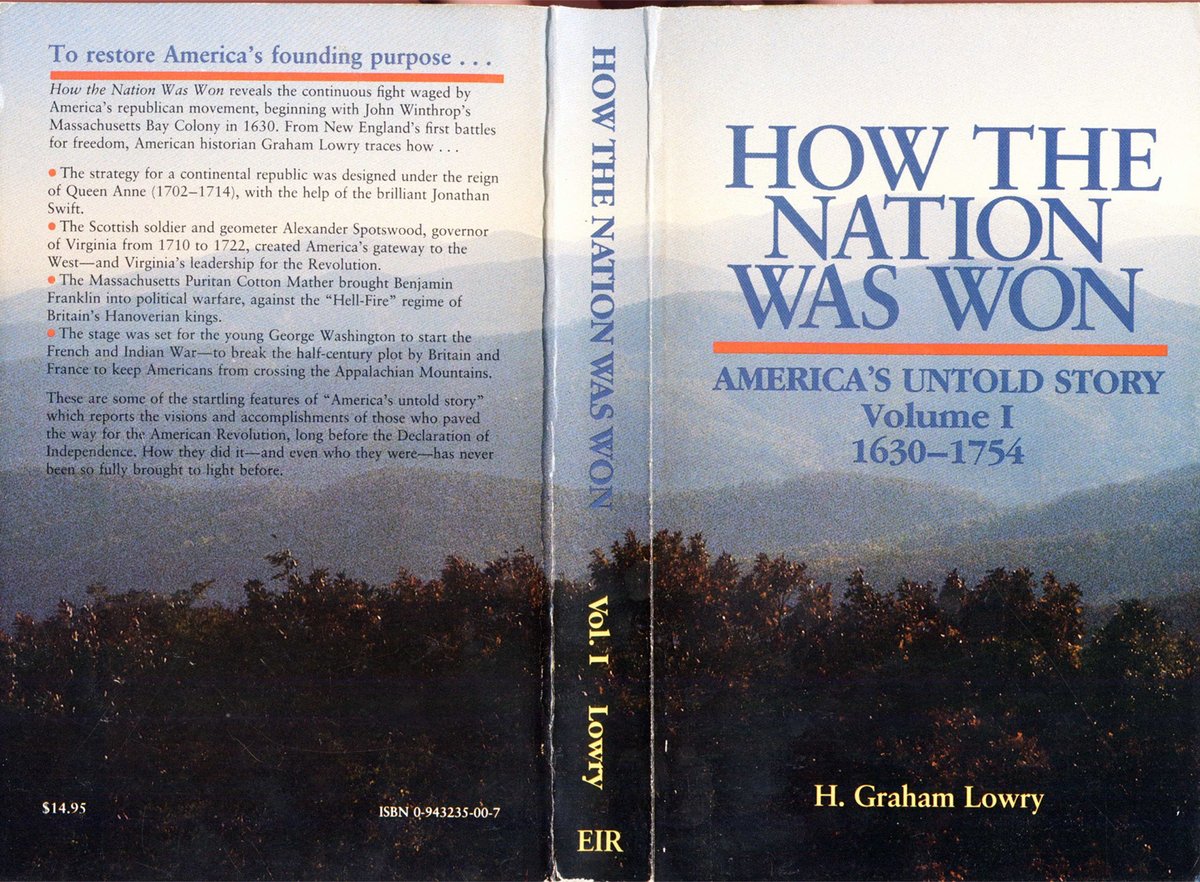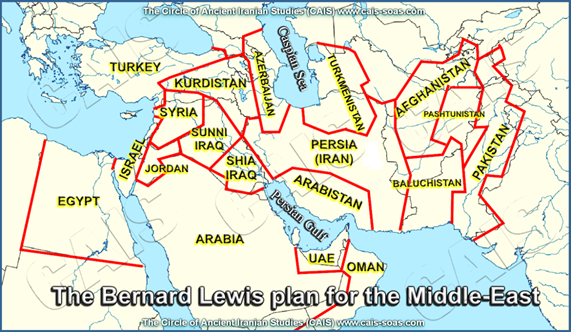
Monetarism is the underlying cause of our disease; human progress and peace through development is the cure. Eurasian integration will benefit all of humanity!
20 subscribers
How to get URL link on X (Twitter) App






 Just as Nazis exalted the “Aryan” race while persecuting Jews, Slavs, and Roma, Zionism elevates one group above all others, weaponizing Jewish identity to justify ethnic supremacy.
Just as Nazis exalted the “Aryan” race while persecuting Jews, Slavs, and Roma, Zionism elevates one group above all others, weaponizing Jewish identity to justify ethnic supremacy.

 The Middle East Crucible: Where Humanity Fights for Its Future
The Middle East Crucible: Where Humanity Fights for Its Future

 The Grand Historical Vision vs. the Parasites of Empire
The Grand Historical Vision vs. the Parasites of Empire


 The roots trace to Venetian psychological warfare. Paolo Sarpi, a 17th-century strategist, manipulated religion to divide Europe and suppress Renaissance science. Venice fueled the Protestant Reformation, hardened Catholic counter-reforms, and kept the continent in perpetual conflict.
The roots trace to Venetian psychological warfare. Paolo Sarpi, a 17th-century strategist, manipulated religion to divide Europe and suppress Renaissance science. Venice fueled the Protestant Reformation, hardened Catholic counter-reforms, and kept the continent in perpetual conflict.

 A Bank Above Nations
A Bank Above Nations

 Pax Americana is crumbling before our eyes, three decades after the collapse of the USSR. The transition to a new global economic order has been completed. 2/84
Pax Americana is crumbling before our eyes, three decades after the collapse of the USSR. The transition to a new global economic order has been completed. 2/84